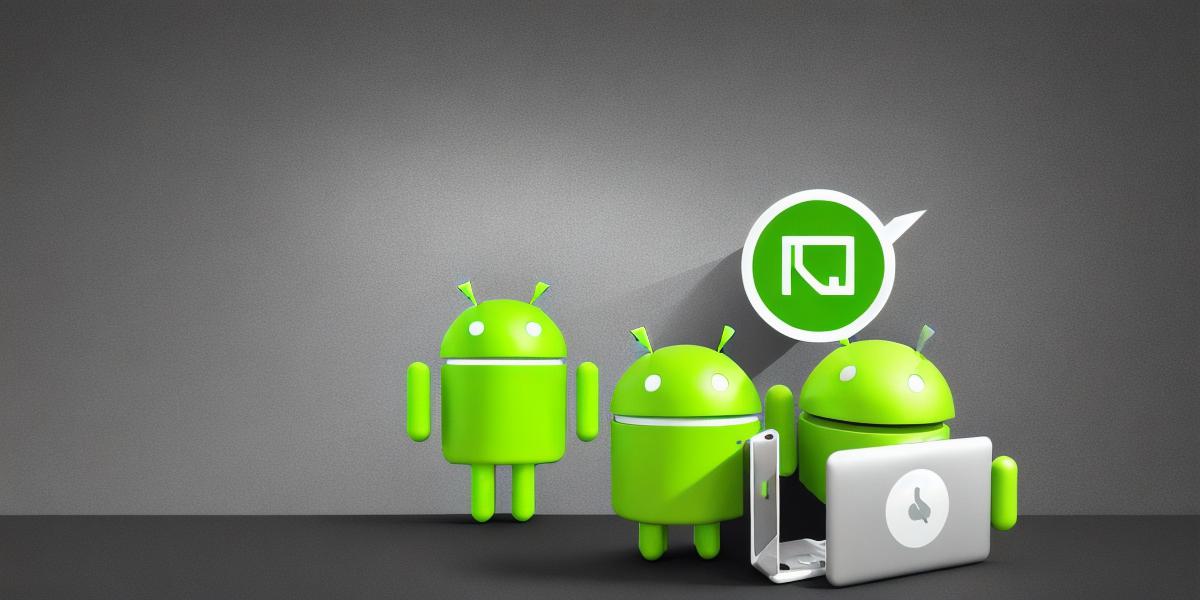Android development has come a long way since its inception in 2008. Today, it is one of the most popular and widely used mobile operating systems in the world, with over 2.5 billion active devices running on it. In this article, we will explore what Android development is, how it works, and why it has become so popular.
What is Android Development?
At its core, Android development involves creating applications and software for Android-powered devices such as smartphones, tablets, and wearables. The Android platform provides a comprehensive set of tools, frameworks, and libraries that developers can use to build a wide range of apps, from simple games to complex enterprise solutions.
One of the key features of Android development is its open-source nature. This means that anyone with the necessary skills can access the source code and modify it to suit their needs. This has led to a vibrant ecosystem of developers who contribute to the platform and create new apps and features all the time.
How Does Android Development Work?
Android development typically involves several stages, including design, development, testing, and deployment. Here’s a brief overview of each stage:
- Design: This is the initial phase of the development process where the app concept is defined, and the user interface is designed. This can involve creating wireframes, mockups, and prototypes to get feedback from stakeholders and users.
- Development: Once the design is finalized, the development process begins. This involves writing code in Java or Kotlin, the primary programming languages used for Android development. Developers also need to integrate various libraries and frameworks into their apps to add features such as animations, networking, and data storage.
- Testing: Before deploying the app, it needs to be thoroughly tested to ensure that it works as expected and is free of bugs and errors. This involves both automated testing and manual testing by real users.
- Deployment: Once the app has been tested and approved, it can be deployed on the Google Play Store or other app stores. Developers need to create an account with the respective store and follow their guidelines for submission and publication.
Android Development vs iOS Development

While Android and iOS are the two most popular mobile operating systems, they have some key differences when it comes to development. Here are a few of the main differences:
- Platform: Android is an open-source platform, while iOS is a proprietary platform developed by Apple. This means that Android developers have more flexibility in terms of customization and integration, while iOS developers need to adhere to Apple’s strict guidelines.
- App Store: The Google Play Store is the primary app store for Android apps, while the Apple App Store is the primary app store for iOS apps. While both stores have similar submission and review processes, they have different guidelines and requirements for app submission.
- User Base: iOS has a smaller user base compared to Android, but it tends to have higher average revenue per user. This is because iOS users are generally willing to pay more for premium apps and services.
The Future of Android Development
Android development is constantly evolving, with new technologies and features being introduced all the time. Some of the key trends in Android development include:
- Artificial Intelligence (AI): AI is becoming increasingly popular in mobile app development, with developers incorporating features such as voice recognition, facial recognition, and natural language processing into their apps.
